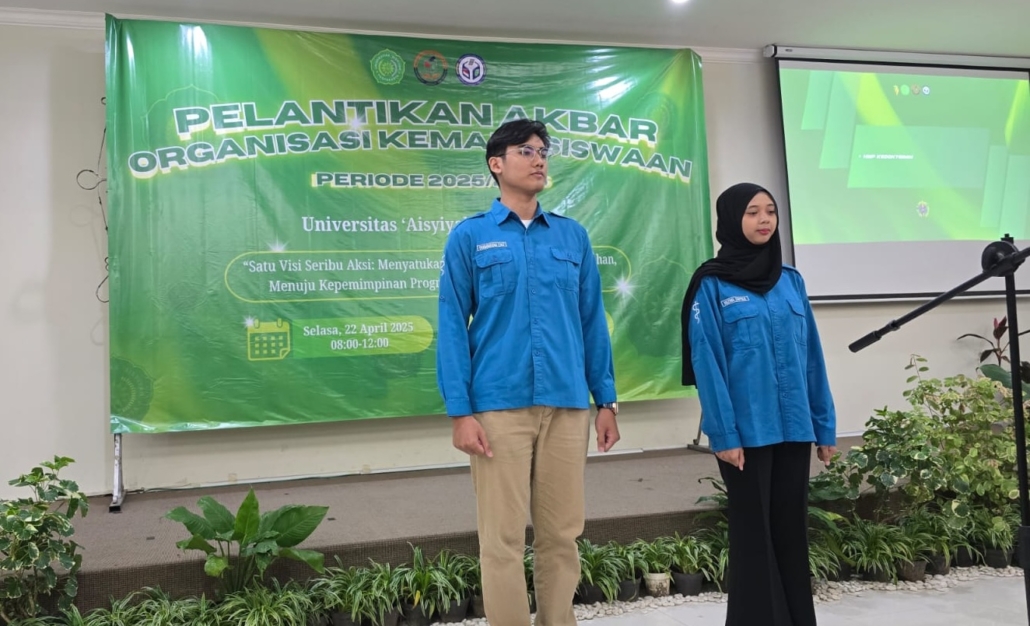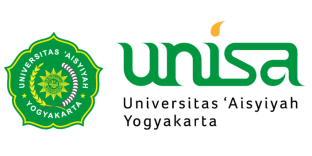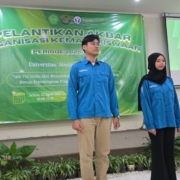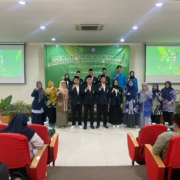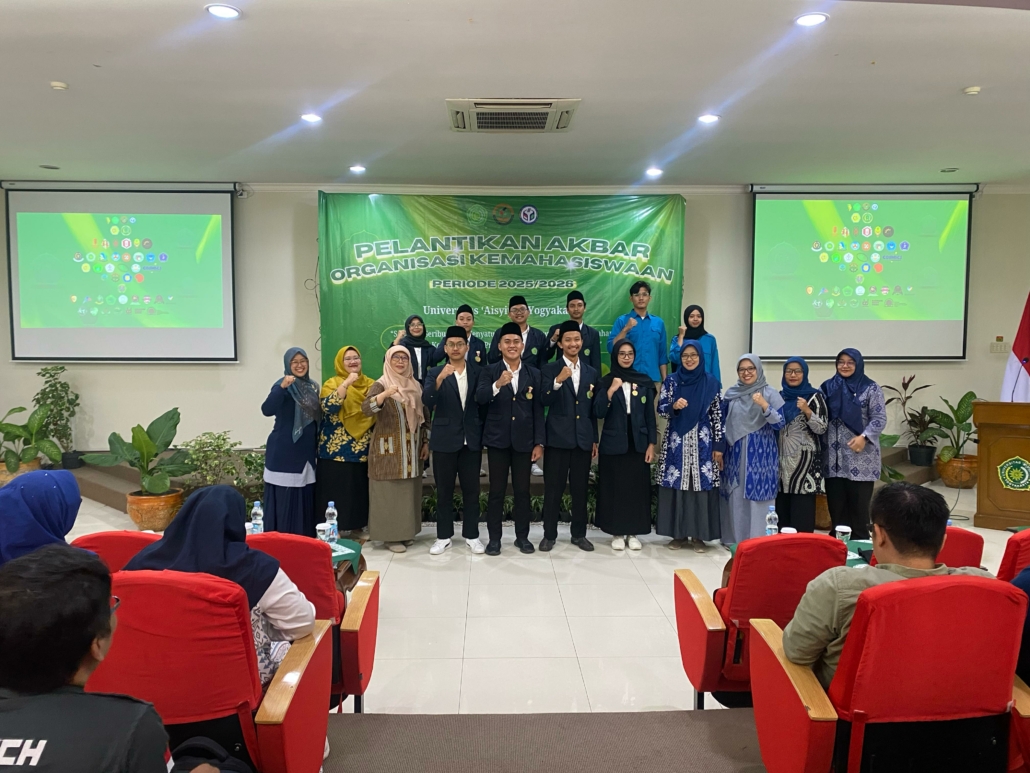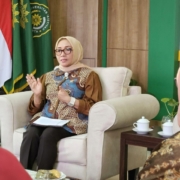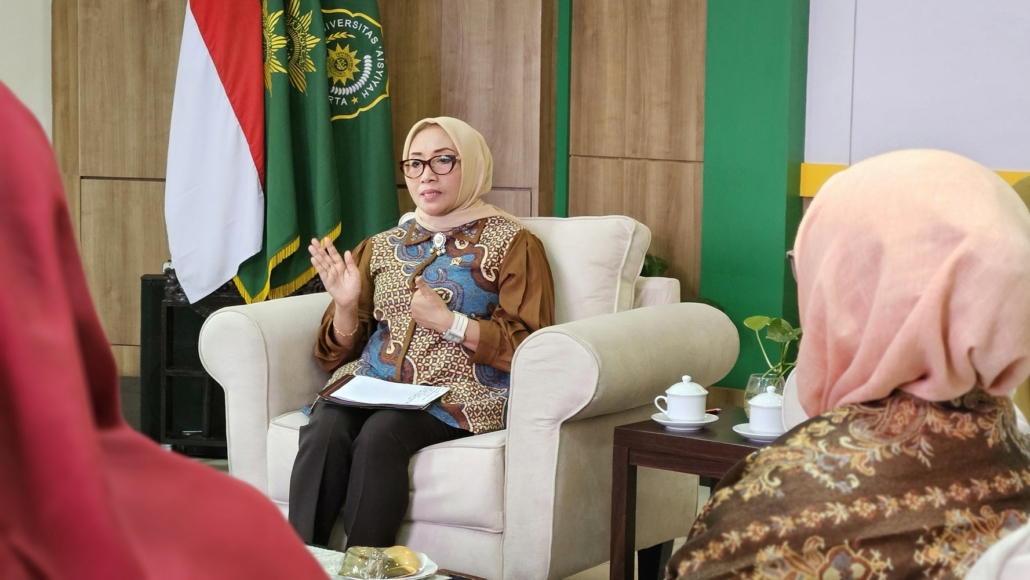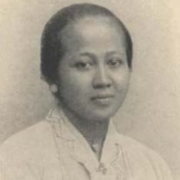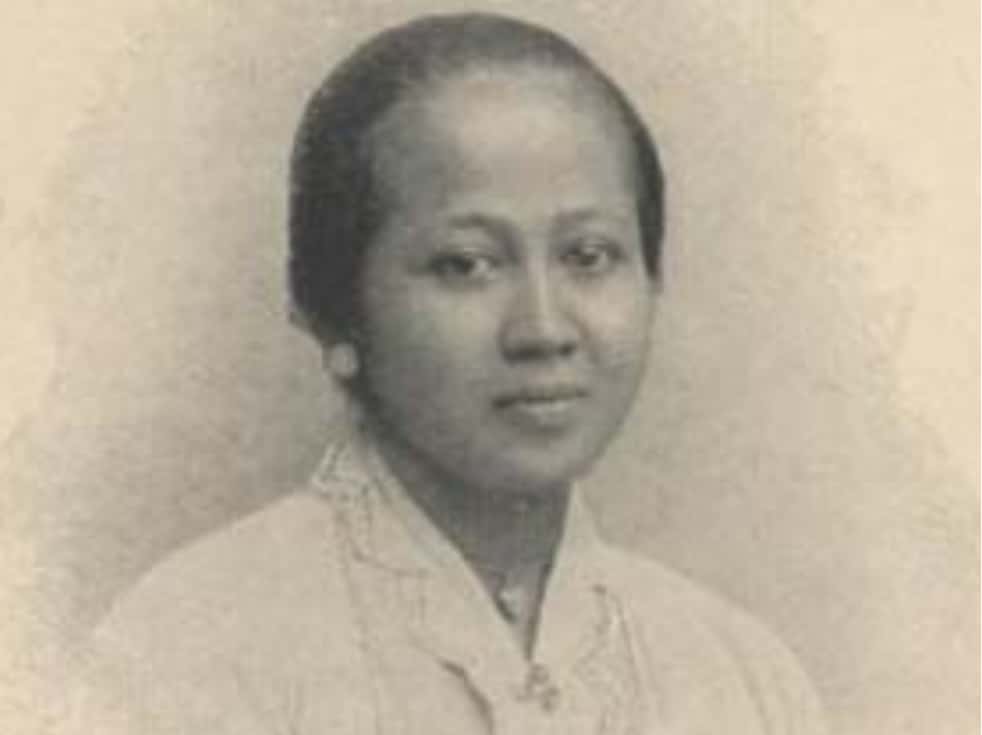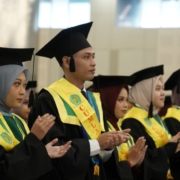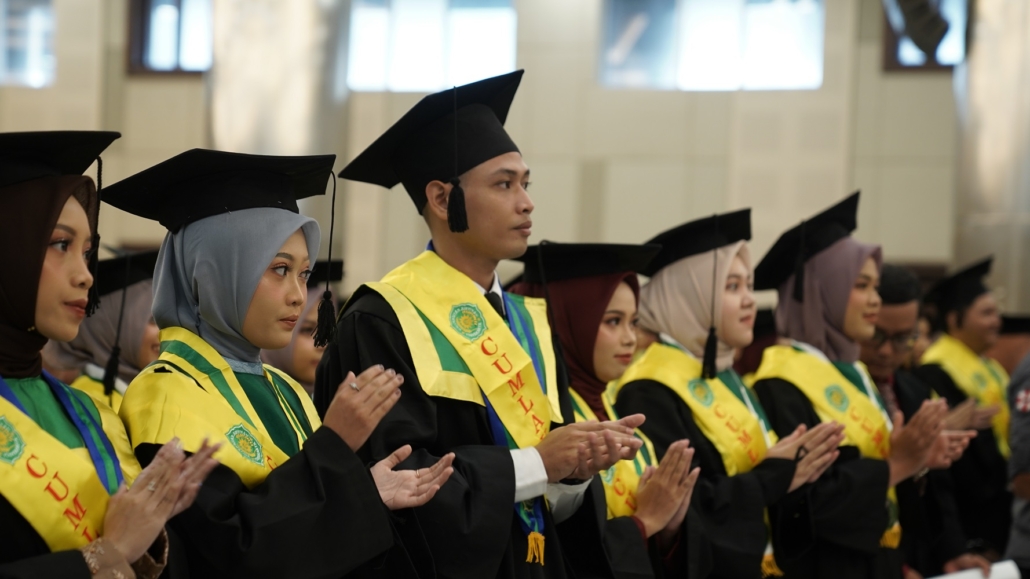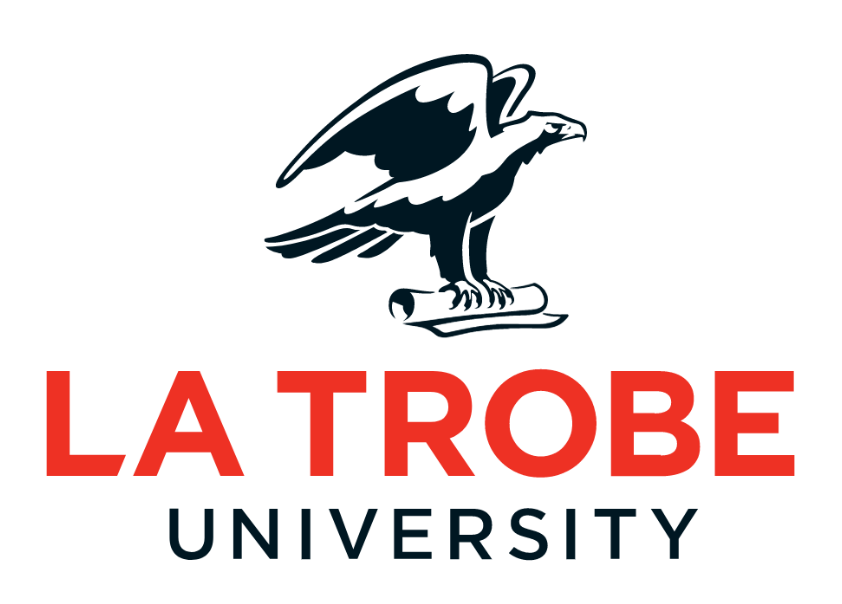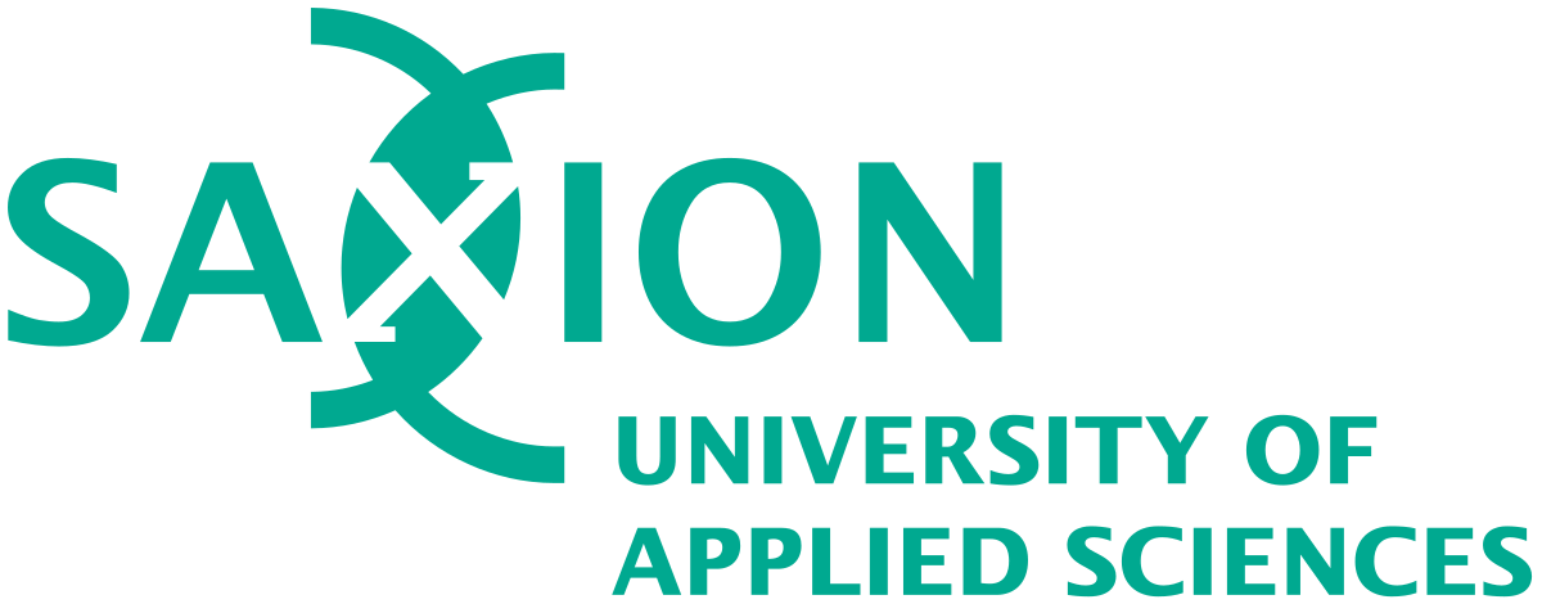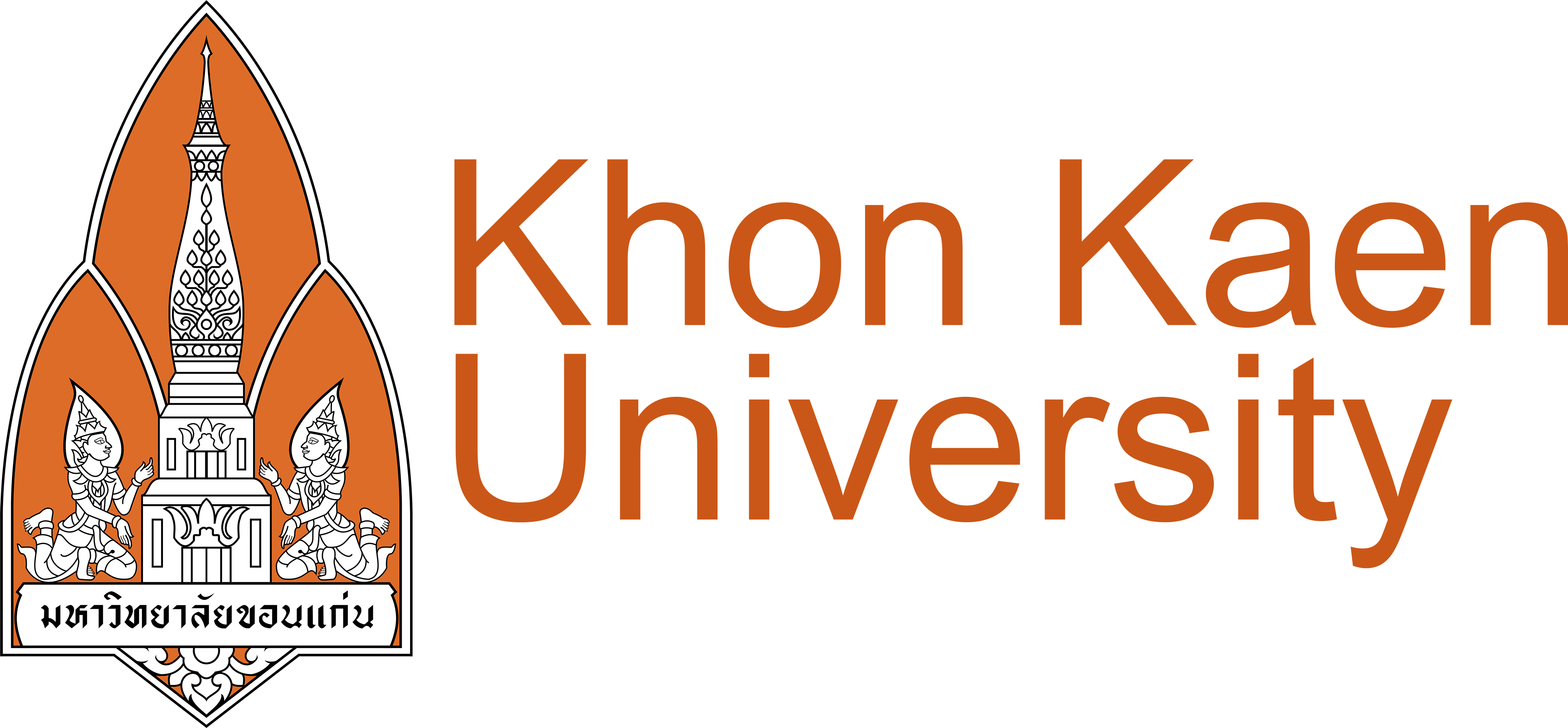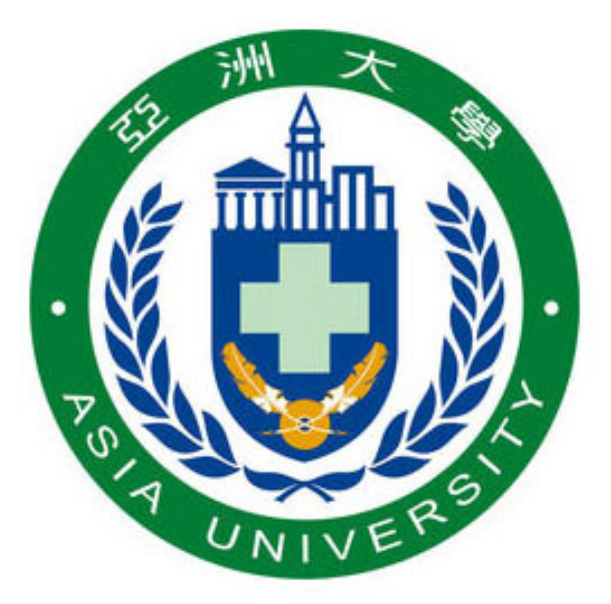Universitas ‘Aisyiyah (UNISA) Yogyakarta has created a new history by inaugurating the first Medical Student Association, in the agenda of the Grand Inauguration of Student Organizations held at Baroroh Baried Hall on Tuesday (22/4/2025).
This inauguration is a historic moment that reflects the beginning of the journey of the academic world and also the organization for medical students at UNISA Yogyakarta. The Faculty of Medicine itself is the youngest faculty that was inaugurated in 2024.
Chairman of the Medical Student Association, Syamaidzar stated that the birth of the first Medical Student Association had several challenges that had to be faced, namely the busyness of medical students with the academic world.
“Medicine is synonymous with schedule density, this density sometimes becomes an obstacle, because on the other hand we have to focus on organization and academic focus. I think that is the biggest challenge, especially for me and my friends who are administrators,” he said.
Despite being overshadowed by a busy academic schedule, Syamaidzar remains optimistic and wants to eliminate the stigma. She believes that students of the Faculty of Medicine of UNISA Yogyakarta can manage their time between organizations and academics well and be active in various activities on campus.
“We are from medicine, even though we are as busy as anything, we can also maintain good relationships with others. Like our friends, we often participate in UKM activities on campus and positive activities on campus,” she added.
Vice Rector III of UNISA Yogyakarta, Prof. Dr. Mufdlilah, S.SiT., M.Sc., advised the elected administrators of the organization to be leaders who not only serve, but also excel. She hoped that the spirit in the existing organization would not undermine academic values, so as to be a good example for students.
“Being a leader is not just sacrificing, not just serving. But you have to be able to serve yourself more, shame on you if you can’t make yourself an exemplary person, that’s what you should aspire to,” he concluded.
